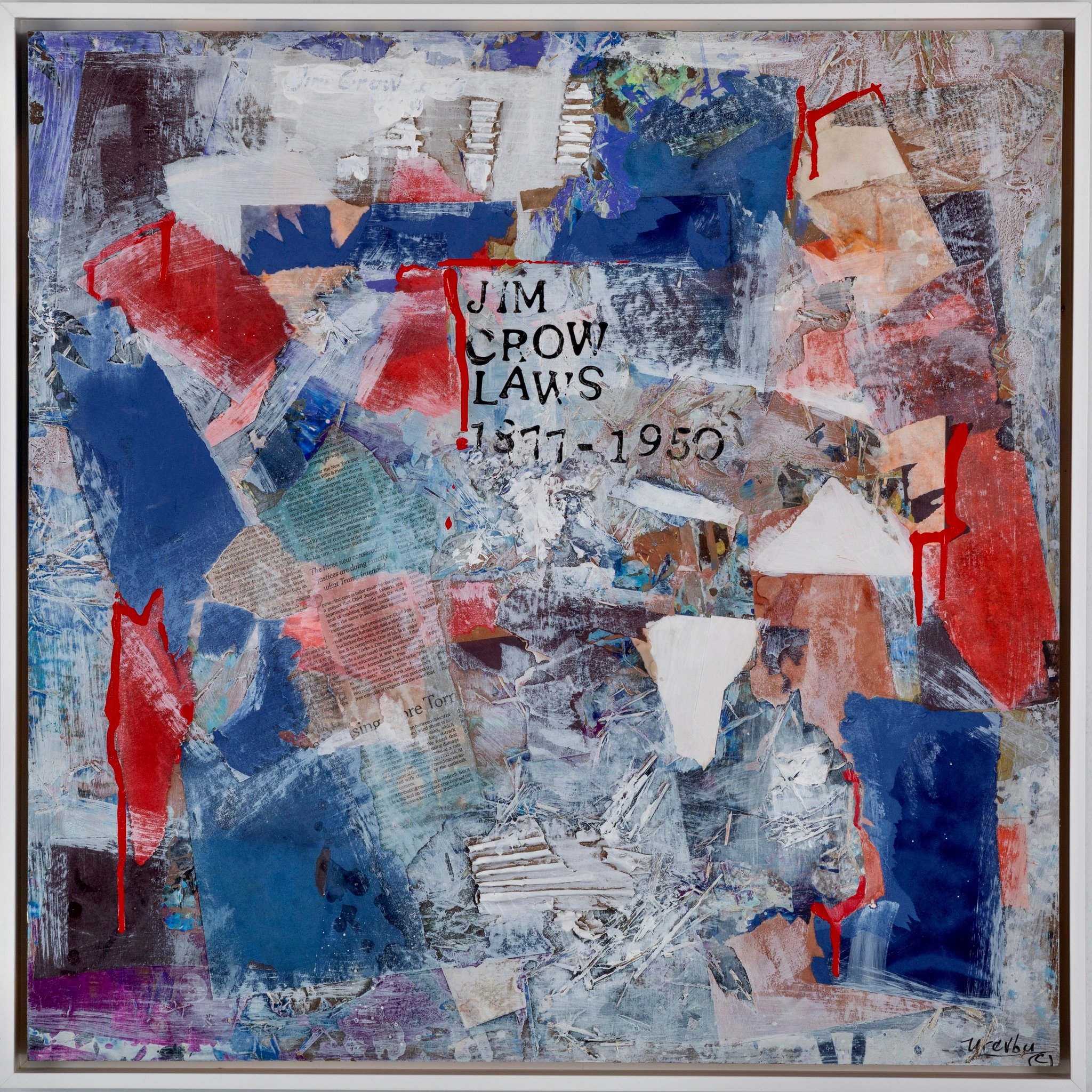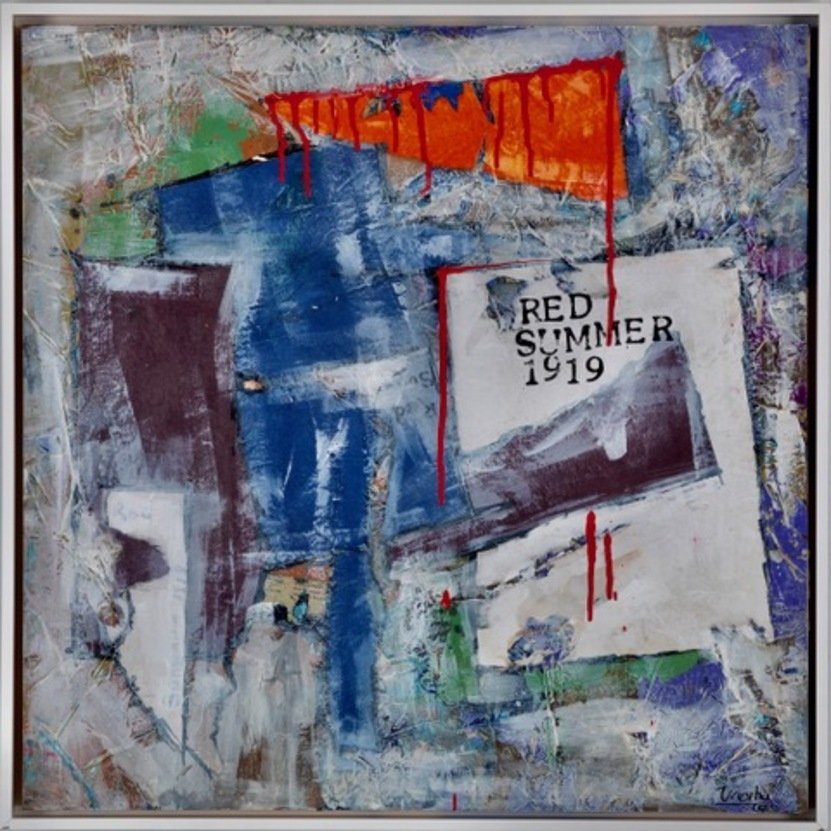Untold Stories Collection
Freedom Summer, 1964
Freedom Summer, also known as the Mississippi Summer Project, stands as a pivotal moment in the Civil Rights Movement, marked by a courageous non-violent voter registration campaign aimed at empowering Black residents in Mississippi. Organized by the Congress on Racial Equality (CORE) and the Student Nonviolent Coordinating Committee (SNCC), the movement brought together both Black and white activists from across the country.In the summer of 1964, several hundred northern college students, predominantly white, volunteered to support the cause in Mississippi. Their mission included assisting African Americans in registering to vote, establishing a new political party, and fostering education through Freedom Schools that taught history and politics. Despite grave risks, more than sixty thousand Black Mississippians defied intimidation and attended local meetings, participating in the "Freedom Election."The response from opponents of civil rights was severe. State police forces were bolstered, and new laws were swiftly enacted to suppress dissent, including prohibitions on picketing and leafleting. Business leaders formed white citizen councils, using economic retaliation such as foreclosing mortgages, firing workers, and boycotting Black customers to quash participation in Freedom Summer activities.Violence escalated dramatically. White supremacist groups, notably the Ku Klux Klan, perpetrated numerous acts of terror, targeting Black residents and civil rights workers alike. The disappearance and subsequent brutal murder of James Chaney, Andrew Goodman, and Michael Schwerner—a tragedy carried out by a Klan lynch mob with complicity from local law enforcement—became a poignant symbol of the dangers faced by activists.During the three months of Freedom Summer, Mississippi witnessed a wave of brutality: at least six murders, twenty-nine shootings, fifty bombings, more than sixty beatings, and over 400 arrests. The national media coverage of these atrocities shocked the nation, galvanizing public opinion and igniting widespread outrage. This groundswell of support helped propel the U.S. Congress to pass landmark civil rights legislation, including the Civil Rights Act of 1964 and the Voting Rights Act of 1965, which aimed to dismantle segregation and protect voting rights.Freedom Summer remains a testament to the bravery and sacrifice of those who fought for racial justice in America. It serves as a crucial chapter in the ongoing struggle for equality, highlighting the enduring impact of grassroots activism and the imperative of safeguarding civil rights for all citizens.Ephraim Urevbu
Freedom Summer 1964
Acrylic and mixed media on board
24 x 24 in (60.9 x 60.9 cm)
























